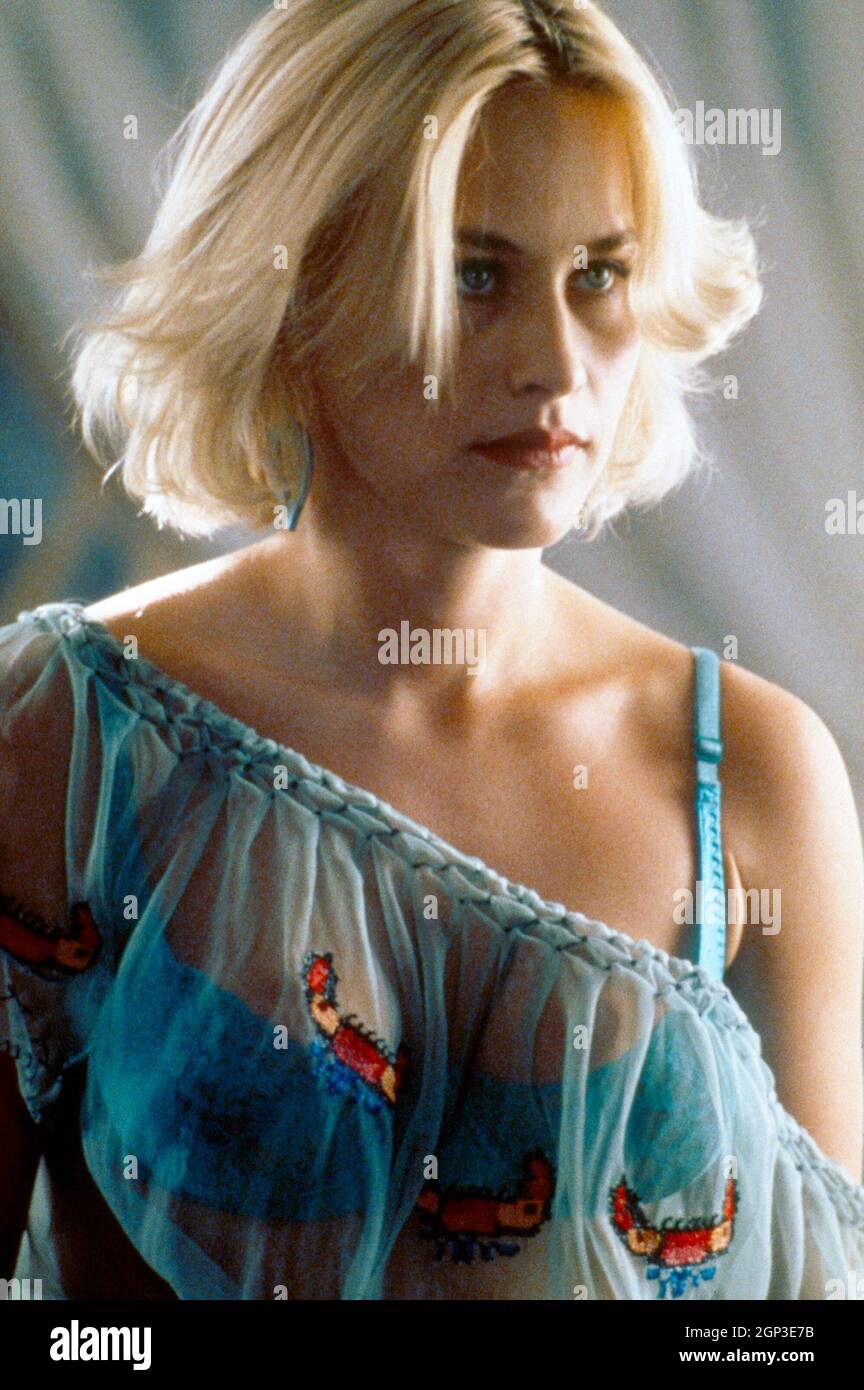Patricia Arquette is a name that resonates deeply within the world of cinema and television. With a career spanning over three decades, she has graced screens with her versatile performances, earning accolades and admiration from critics and audiences alike. Her journey in the entertainment industry began at a young age, and she quickly established herself as a formidable talent. Beyond her acting prowess, Arquette's candidness about her experiences in Hollywood has made her a voice for many actresses navigating similar challenges.
As an actress known for taking on challenging roles, Patricia Arquette's career has been marked by both triumphs and controversies. One recurring theme in discussions about her work is her willingness to embrace complex characters and scenes, including those involving nudity. This aspect of her career has sparked debates about consent, representation, and the treatment of women in the film industry. In this article, we delve into some pivotal moments in Arquette's career, focusing on her responses to industry practices and her reflections on nude scenes.
Responding to Criticism: Patricia Arquette on Sexual Harassment
In response to Angela Lansbury's controversial statement suggesting women must sometimes take blame for sexual harassment, Patricia Arquette used a FOX 17 News story to articulate her stance. Arquette emphasized the importance of accountability and understanding the power dynamics at play in such situations. Her response highlighted the need for a shift in how society views and addresses issues of sexual misconduct.
Arquette's comments reflect her commitment to advocating for change within the industry. By speaking out, she joins a chorus of voices demanding greater respect and safety for women in Hollywood. Her approach underscores the necessity of creating environments where actors can perform without fear of harassment or exploitation.
This incident serves as a reminder of the ongoing struggle for gender equality and justice in the entertainment world. Through her public statements, Arquette continues to inspire others to stand up against injustice and promote positive change.
A New Perspective on Television: Embracing Diverse Opportunities
Patricia Arquette revealed her reasons for embracing television during a lull in her film career. She expressed gratitude for the opportunity to work with esteemed directors like Martin Scorsese and David Lynch, describing them as incredibly generous. These collaborations allowed her to explore new dimensions of her craft and engage with diverse storytelling formats.
Her experience working with Lynch on Weird nude scenes exemplifies her dedication to artistic expression. Arquette approached these scenes with professionalism, acknowledging the trust placed in her by the director. Such projects underscore her willingness to push boundaries and challenge conventional norms in pursuit of compelling narratives.
By venturing into television, Arquette expanded her horizons and connected with broader audiences. Her decision highlights the evolving landscape of entertainment, where talented actors find innovative ways to showcase their skills across various platforms.
Navigating Controversy: The Impact of Nude Leaks
The circulation of nude photos attributed to Patricia Arquette sparked significant controversy, raising questions about privacy and consent in the digital age. Despite the unauthorized nature of these leaks, Arquette maintained her composure, focusing on her professional commitments. Her resilience in the face of such challenges demonstrates her strength and determination.
While some viewed the leaks as an invasion of privacy, others recognized them as part of a larger conversation about the exploitation of celebrities' personal lives. Arquette's response to this situation reinforced her stance on respecting individuals' rights and dignity, regardless of their profession.
This episode serves as a poignant reminder of the vulnerabilities faced by public figures in today's interconnected world. It also underscores the importance of fostering a culture that prioritizes consent and respects personal boundaries.
Revisiting Lost Highway: A Difficult Experience
Recalling her experience filming the 1997 movie Lost Highway, Patricia Arquette shared her discomfort with a nude scene, which was conducted without the assistance of intimacy coordinators. At the time, such resources were not standard practice, leaving actors exposed to potentially uncomfortable situations. Arquette's recollection sheds light on the evolving protocols designed to protect performers during intimate scenes.
She recounted threatening to punch crew members if they did not leave the set before filming the scene. This bold move demonstrated her commitment to maintaining control over her body and ensuring a respectful environment. Arquette's actions highlight the significance of establishing clear boundaries and communication channels on set.
As the film industry continues to adopt more comprehensive measures to safeguard actors, stories like Arquette's serve as valuable lessons. They emphasize the need for ongoing dialogue and improvement in creating safe spaces for all participants involved in production processes.

